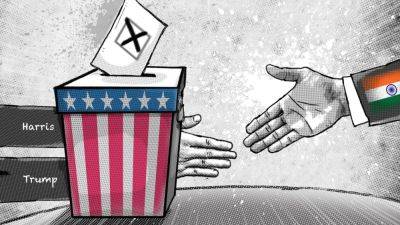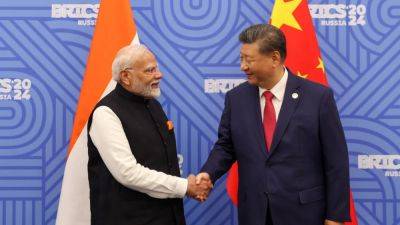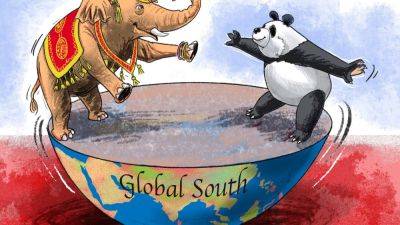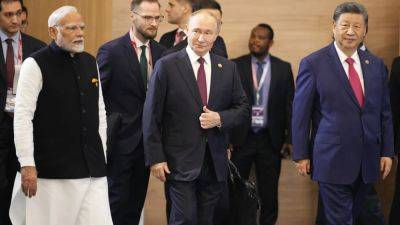CNBC's Inside India newsletter: A poorly timed IPO?
This report is from this week's CNBC's "Inside India" newsletter which brings you timely, insightful news and market commentary on the emerging powerhouse and the big businesses behind its meteoric rise. Like what you see? You can subscribe here.
Shares of carmaker Hyundai's Indian subsidiary started trading this week with much anticipation, only to drop by some 7% on its debut.
The stock has pared back losses since, but is still 5% below its initial public offering price.
The Korean car giant, the world's third-largest passenger vehicle maker by volume, set up shop in India in 1996, soon after the country's reforms to liberalize its socialist economy. Fast forward 28 years, and the company appears to have bagged its biggest payday yet by raising $3.3 billion from the stock market by offloading a 17.5% stake.
Hyundai became India's second-largest automaker by demonstrating that it understands the market by tailoring its globally popular and technologically advanced cars not only to Indian consumers' tastes but also to its roads.
It's a profitable enterprise, and Hyundai's management believes this trend will continue.
Despite such success, it appears as if the stock market has given Hyundai the cold shoulder this week.
Shares have fallen across the board with the Nifty 50 index declining by about 5% over the past month. However, investors have pointed to several elements of the listing that might have also contributed to the immediate downturn.
First, the money raised by the stock market listing is being fed back to Hyundai's Korean parent. In a typical IPO, however, money raised is used to invest in growth or pay down debt. Investors have balked at the idea that the Indian subsidiary won't necessarily benefit from the cash







